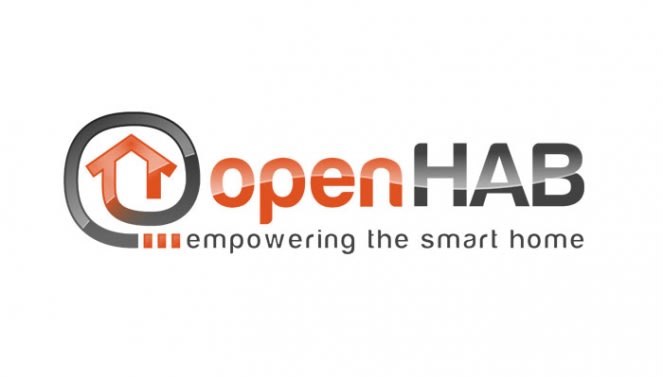Canonical
on 9 February 2017

openHAB is a completely open source smart home alternative to Apple Homekit and Samsung SmartThings. Consumers can mix and match hardware and services from different brands
London, UK – February 9th, 2017: Canonical, openHAB Foundation and Azul Systems have launched the snap packaging of openHAB 2.0, a free open smart home platform that acts as a control hub for home IoT setups. openHAB is easy to install, highly customizable and comes with great performance across a wide range of hardware from PCs to Raspberry Pis.
openHAB can be used to control, automate and complement smart home setups. As an open platform, openHAB is not tied into one brand and supports many protocols and technologies, which lets consumers mix and match the IoT devices they want.
Being one of the most popular open source home automation solutions, it is an open and future-proof alternative to the likes of Apple HomeKit and Samsung SmartThings and it makes advanced smart home setups available to a wider range of consumers.
Ubuntu snap is a secure universal Linux application format, and makes applications available as a simple one-click download and install from the Ubuntu Appstore. The snap packaging of openHAB makes it simpler for home automation creators to build, test and distribute their smart home services.
Azul’s Zulu Embedded Java Runtime is the best choice for Java applications such as openHAB on embedded devices. It is available for a wide range of hardware and provides optimal performance on home gateways, PCs or ARM-compatible devices. This also includes the recently launched Raspberry Pi powered Nextcloud Box.
Kai Kreuzer, president of the openHAB Foundation: “There is clearly a strong demand for smart home applications and devices. However, this often means a vendor lock-in to one particular ecosystem and makes it difficult to use the devices and services that users wish. Every smart home setup is highly individual and hence the product choices vary. With openHAB we have established a universal smart home integration platform, which is vendor-neutral and fully open towards integration with any existing smart home devices and services out there. Our partnership with Ubuntu and Azul makes it simple to quickly setup openHAB in a secure way, without losing the ability for more technically advanced people to create and fine-tune their own applications.”
Mike Bell, EVP Devices & IoT at Canonical / Ubuntu: “Making it easier for consumers to use and secure their smart homes regardless of the hardware is an important step to broadening the uptake of IoT in the home. This also comes with all the benefits that Ubuntu and snaps provide making it easy to install and to keep your software updated and secure automatically protecting consumers.”
Scott Sellers, Azul Systems president and CEO, said: “Open standards and open technologies are essential for the smart home. Azul’s Zulu Embedded brings the power and flexibility of a 100% open source Java environment that is standards-compliant, fully integrated with openHAB 2.0, and already deployed in millions of embedded and IoT devices worldwide.”
Another benefit of openHAB being open and free is home automation enthusiasts will have access to an advanced development environment.
openHAB requires several components, including Java Runtime, to be installed. The partnership between openHAB, Azul and Ubuntu means openHAB can be packaged, distributed as a single application including a tested Java Runtime without click-through licences. Because openHAB uses the content interface feature of snaps, the application and the Java Runtime can be automatically and individually updated via the Ubuntu App store.
You can download openHAB 2.0 here.
openHAB 2.0 screenshot here.
About Canonical
Canonical is the company behind Ubuntu, the leading OS for cloud operations. Most public cloud workloads use Ubuntu, as do most new smart gateways, switches, self-driving cars and advanced robots. Canonical provides enterprise support and services for commercial users of Ubuntu.
Established in 2004, Canonical is a privately held company.
For further information please visit here.
About Azul Systems
Azul Systems (@azulsystems), the industry’s only company exclusively focused on Java and the Java Virtual Machine (JVM), builds fully supported, certified standards-compliant Java runtime solutions that bring the power of Java to the enterprise, the embedded community and the IoT. Azul’s Zulu Embedded is Azul’s 100% open source build of OpenJDK for Intel, ARM, and PowerPC -based designs that require custom configurations and long support life cycles. For additional information, visit here. And to learn more about Zulu Embedded, visit here.
About the openHAB Foundation
The openHAB Foundation is a not-for-profit association with the mission to educate the public about the possibilities and benefits of free and open smart home solutions. A special focus of its activities is on the openHAB project, where the foundation helps on the documentation, support and events. Furthermore it takes care of the binary distributions of the project as well as the companion smartphone apps.
For further information please visit here.



